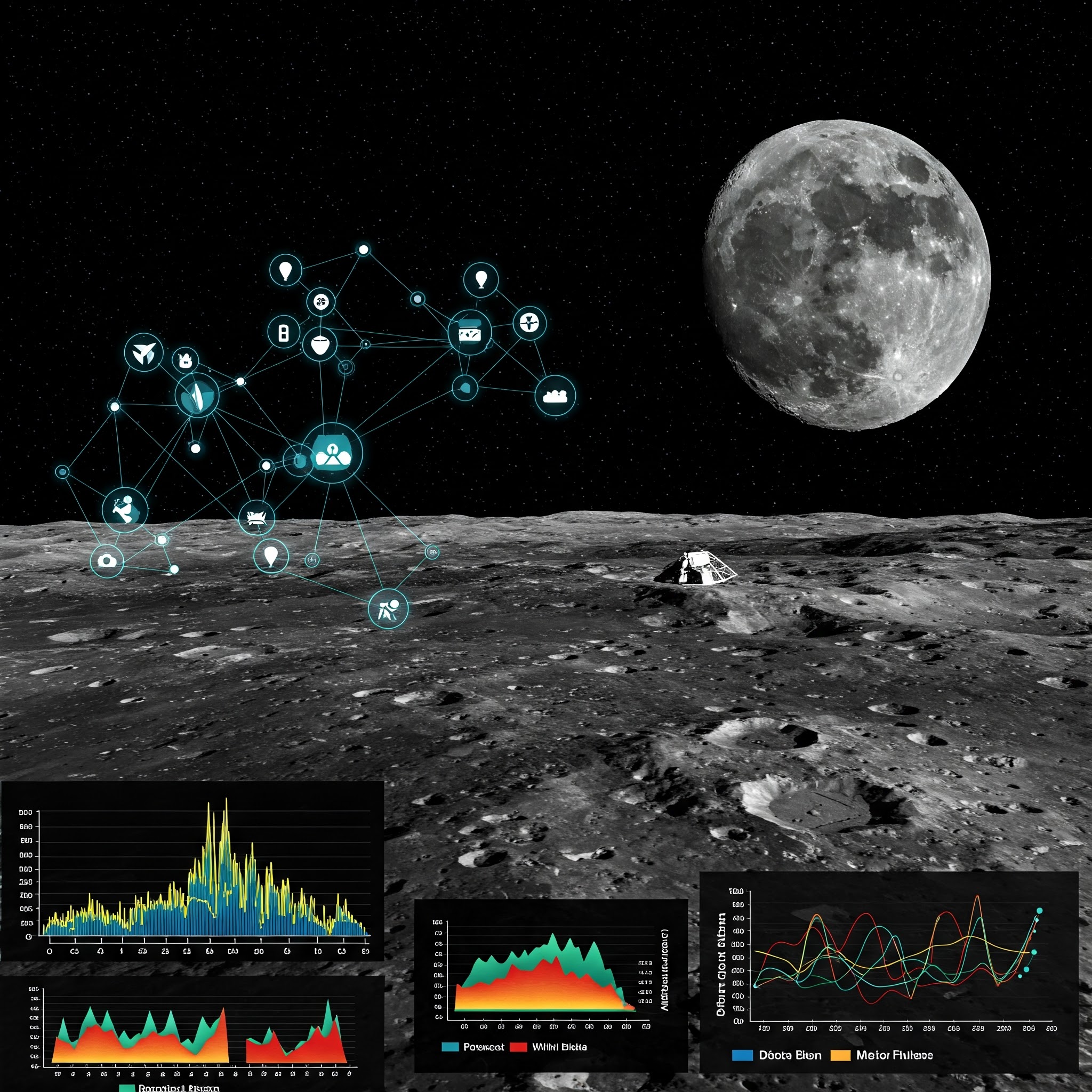Hello .
I'm Tom an electrical engineer and
machine learning researcher!

Currently, I am working at the TU Dortmund University as a researcher in the Image Analysis group. I am heading to obtain my Doctor of Engineering in the field of machine learning (AI). If you want, you can contact me anytime via the contact form linked below or through social media.
